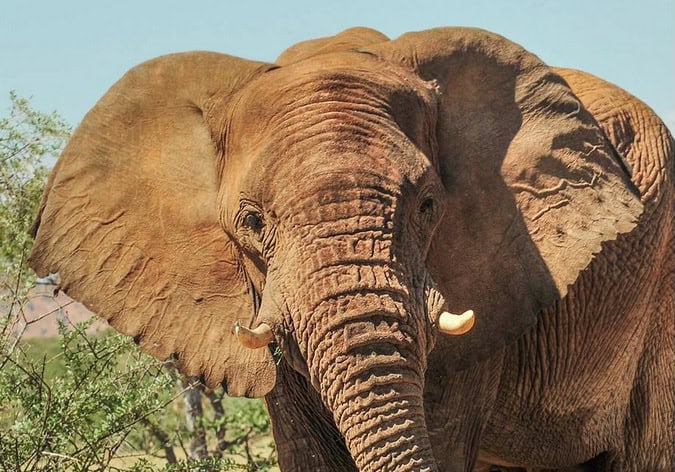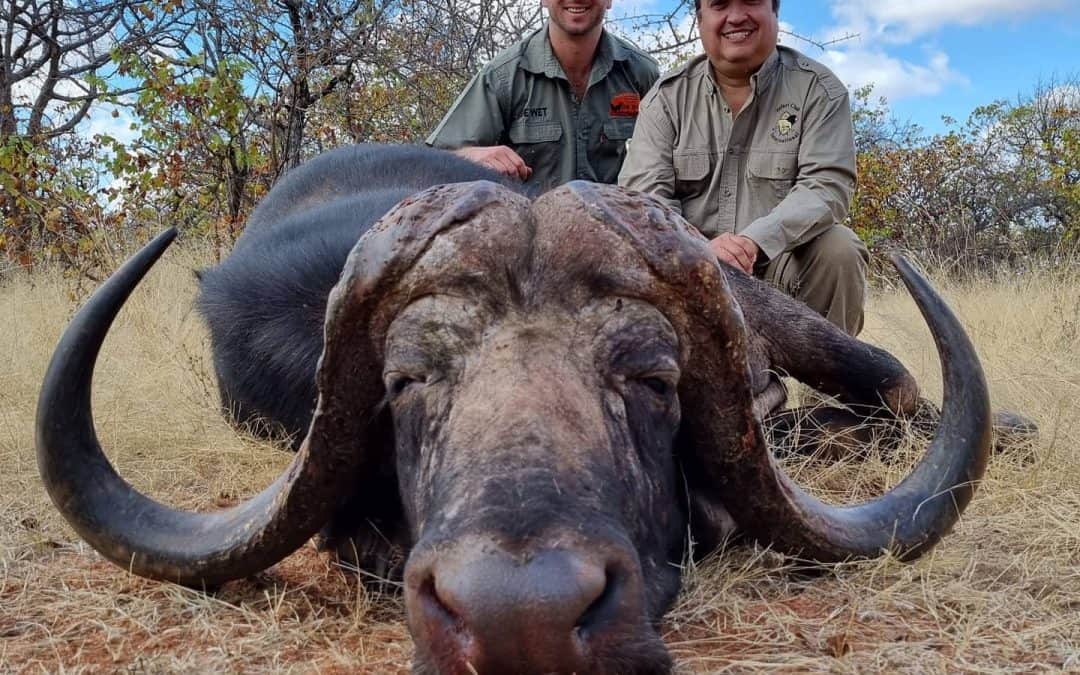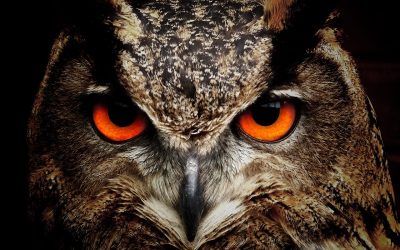So, you’re curious about the cultural considerations for hunting in Africa, huh? Well, let me tell you, it’s a topic that goes beyond simply tracking down prey and pulling the trigger. Africa is a continent rich in diverse cultures, traditions, and beliefs, and when it comes to hunting, there are a multitude of factors that come into play. From the sacred rituals of the Maasai tribe to the conservation efforts of local communities, understanding and respecting these cultural considerations is essential for anyone venturing into the wild for a hunting adventure in Africa.
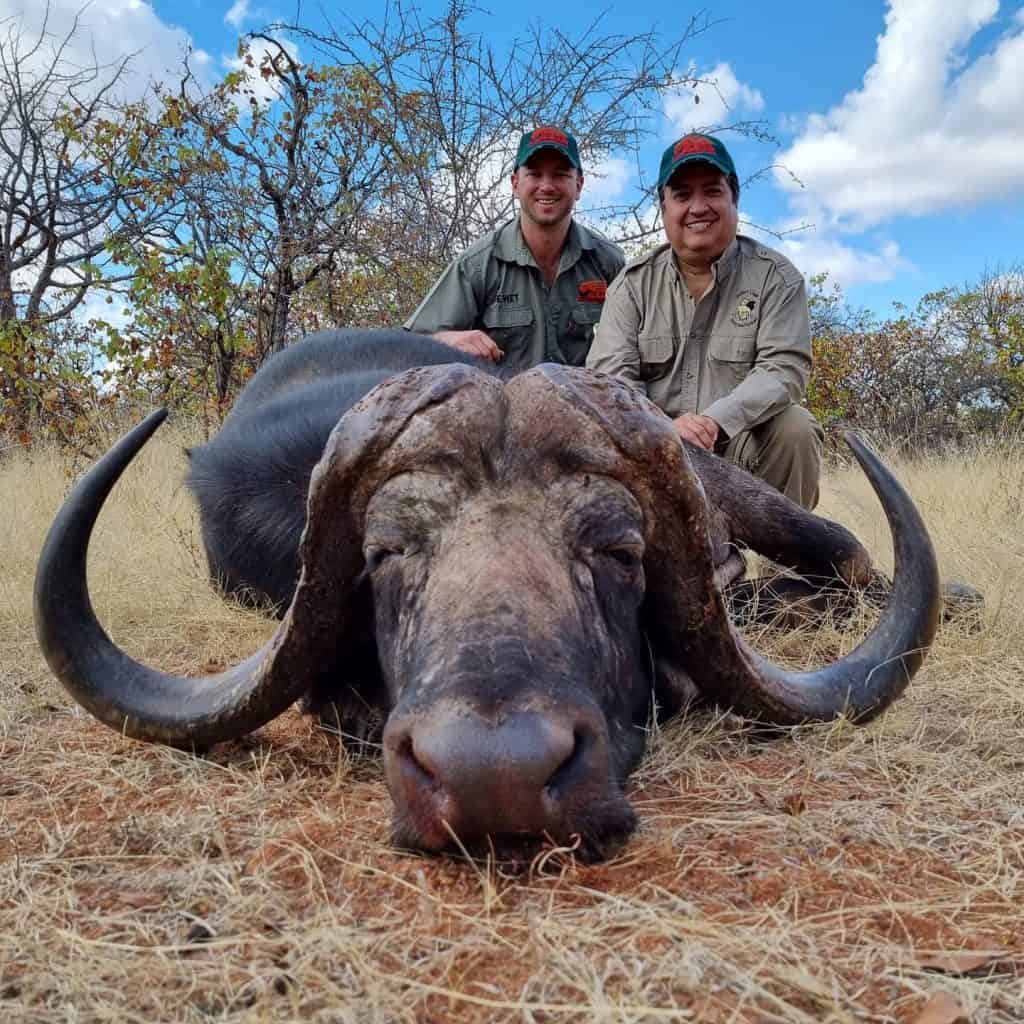
Traditional Hunting Practices
Hunting has long been an integral part of African cultures, serving as more than just a means to procure food or resources. It holds deep cultural significance and embodies traditions that have been passed down through generations. Traditional hunting practices are not only about practicality but also about preserving cultural identity and connections to the land.
Hunting as a Cultural Tradition
In many African societies, hunting is deeply ingrained in the cultural fabric, symbolizing bravery, strength, and survival skills. It serves as a rite of passage for young men, allowing them to prove their worth and maturity. Through hunting, individuals learn essential skills such as tracking, endurance, and patience, while also fostering a sense of communal bonding.
Rituals and Ceremonies
Traditional hunting practices are often accompanied by rituals and ceremonies that honor both the animals being hunted and the spirits of the land. These rituals can vary widely between different tribes and regions, but they commonly involve prayers, offerings, and even dances to show respect and gratitude to the animal spirits. The ceremonies are believed to bring luck, ensure a successful hunt, and maintain a harmonious relationship between humans and nature.
Ethical Guidelines
While hunting is an essential part of the cultural heritage, ethical guidelines have been established within communities to promote responsible and sustainable hunting practices. These guidelines emphasize respect for wildlife, adherence to traditional hunting rules, and a commitment to conserving natural resources. Traditional hunters are taught to hunt selectively, only targeting certain species and maintaining a balance within the ecosystem.
Impact on Wildlife Conservation
The intersection of cultural practices and wildlife conservation is often a complex and delicate matter to navigate. However, there are aspects of traditional hunting practices that contribute positively to wildlife conservation efforts in Africa.
Sustainable Hunting Practices
Traditional hunting methods often prioritize sustainability by following strict rules and principles. Hunters are taught to target older or surplus animals, ensuring that the population can replenish itself and maintain a healthy balance. This selective approach minimizes the negative impact on wildlife populations and promotes the preservation of biodiversity.
Conservation Efforts
Many traditional hunting communities actively participate in conservation efforts. By leveraging their knowledge of the local ecosystem and animal behavior, they contribute valuable insights to conservation organizations and wildlife management initiatives. Their input helps inform conservation strategies and enhance protection measures, ensuring the long-term survival of both hunted and non-hunted species.
Endangered Species Protection
While hunting traditions have historically included the harvesting of certain species, there is a growing recognition and commitment to protecting endangered species. In many African countries, legislation and regulations are in place to safeguard rare and threatened animals. Traditional hunting communities have a role to play in raising awareness and advocating for the conservation of these species, bridging the gap between cultural practices and wildlife protection.
Contemporary Challenges
Modern challenges pose threats to the delicate balance between cultural hunting practices and the broader conservation goals in Africa.
Illegal Poaching and Trophy Hunting
The rise of illegal poaching and unethical trophy hunting practices threatens both wildlife populations and the cultural traditions tied to hunting. These activities involve the unsustainable killing of animals, often driven by commercial interests rather than cultural values. Such practices undermine the efforts of traditional hunters in preserving wildlife and erode the ethical foundation that has guided hunting traditions for centuries.
Conflict with Anti-Hunting Campaigns
Debates around the ethics of hunting have given rise to anti-hunting campaigns, which often adopt a blanket opposition to hunting without differentiating between traditional and unethical practices. This creates tension and misunderstandings between hunters and non-hunters, hindering constructive dialogue and potential collaborations in wildlife conservation efforts.
Negative Perceptions
Hunting in Africa is sometimes portrayed negatively in mainstream media and by international organizations, leading to misconceptions about the role hunting plays in local communities. The cultural significance and benefits of traditional hunting practices are often overshadowed by sensationalized narratives. These negative perceptions can further isolate and marginalize hunting communities, hindering their involvement in conservation initiatives.
Social and Economic Significance
The cultural importance of hunting extends beyond its spiritual and traditional aspects, playing a significant role in the social and economic fabric of African communities.
Livelihood and Subsistence Hunting
For many rural communities in Africa, hunting is a vital source of sustenance and livelihood. In areas with limited access to modern infrastructures and industrial agriculture, hunting provides a consistent source of protein-rich food. It also offers economic opportunities for local hunters who sell surplus game meat or traditional hunting tools, contributing to their financial well-being.
Tourism and Trophy Hunting Revenue
Tourism and trophy hunting also bring economic benefits to certain regions of Africa. Game reserves and conservancies that allow controlled trophy hunting can generate revenue for local communities. This income can be used for community development, education, healthcare, and conservation efforts. When managed responsibly, trophy hunting can become a sustainable source of income that supports both cultural traditions and wildlife conservation.
Cultural Identity
Hunting is intertwined with cultural identity in African communities. It perpetuates ancestral customs, fosters a sense of belonging, and strengthens community bonds. The loss of hunting traditions can result in the erosion of cultural heritage, leaving communities feeling disconnected from their past and their relationship with nature. Recognizing and preserving these cultural practices is crucial for maintaining the richness and diversity of African societies.

Cultural Views on Animal Rights
Understanding African cultural beliefs and values is essential to unravel the complex dynamics surrounding hunting practices and animal rights.
Animistic Beliefs and Spiritual Connections
Many African cultures hold animistic beliefs, perceiving a spiritual interconnectedness between humans, animals, and the natural environment. Hunting is often seen as a reciprocal exchange between humans and animal spirits, where respect and gratitude are essential components. This spiritual connection fosters a deep appreciation for the animals being hunted while emphasizing the responsible utilization of natural resources.
Ethical Treatment of Animals
In traditional hunting practices, animals are treated with reverence and respect. Hunters aim to minimize the suffering of the prey by employing skilled techniques that ensure a quick and humane death. Ethical guidelines emphasize using every part of the animal and avoiding wastefulness, ensuring that the animal’s sacrifice is honored through the sustainable use of its resources.
Balancing Conservation and Cultural Values
Respecting cultural values and promoting conservation can coexist, provided there is effective collaboration and dialogue. Understanding the profound cultural significance of hunting allows for the development of conservation strategies that incorporate local knowledge and traditions. By striking a balance between cultural practices and sustainable management, it becomes possible to preserve both wildlife and cultural heritage.
Role of Hunting Associations and Government Regulations
Hunting associations and government regulations play a crucial role in safeguarding the integrity of traditional hunting practices and ensuring the sustainability of wildlife resources.
Hunting Associations and Codes of Conduct
Hunting associations act as custodians of traditional hunting knowledge and practices, providing guidance and support to members. They establish codes of conduct that promote ethical hunting, sustainable practices, and respect for wildlife. By upholding these standards, hunting associations play a crucial role in preserving cultural integrity while adapting to modern challenges.
Permit Systems and Regulations
Government regulations are essential to protect endangered species, enforce sustainable hunting practices, and maintain ecological balance. Permit systems are put in place to control hunting activities, ensuring that only authorized hunters engage in harvesting animals within specific quotas and seasons. These regulations contribute to the conservation of species and provide a framework that aligns cultural practices with contemporary conservation goals.
Collaboration with Local Communities
Government agencies collaborating with local communities can create a mutually beneficial relationship that supports traditional hunting practices while addressing conservation concerns. Involving local hunters in decision-making processes, wildlife management, and anti-poaching initiatives allows for the integration of indigenous knowledge and cultural perspectives. These collaborations strengthen the connection between communities, conservation efforts, and the preservation of hunting traditions.
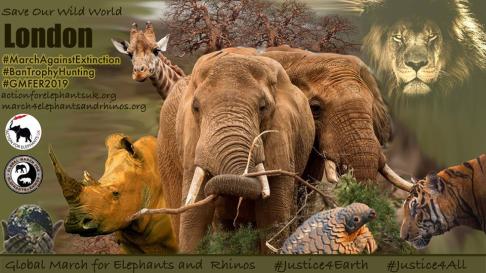
Traditional Hunting Methods and Tools
Traditional African hunting methods are diverse, reflecting the vast array of cultures and ecosystems across the continent.
Bow and Arrow Hunting
The use of bows and arrows in hunting has been a longstanding tradition in Africa. Crafted from locally sourced materials, these tools require skill and precision. Traditional bow and arrow hunting is characterized by close-range encounters with prey, demanding a profound understanding of animal behavior and the ability to navigate through dense vegetation.
Tracking and Stalking Prey
Tracking and stalking are essential techniques employed in traditional African hunting. Hunters rely on extensive knowledge of animal tracks, behaviors, and habitats to find and approach their prey silently. These methods require a deep connection with the natural environment, honed senses, and acute observation skills that have been developed over generations.
Hunting with Dogs
In various regions of Africa, hunting with dogs has been an integral part of traditional practices. Specially trained dogs assist hunters in locating, chasing, and retrieving game. Dogs are valued for their ability to track prey, provide early warning of approaching danger, and assist in recovering wounded animals. The partnership between humans and dogs in hunting reflects the interdependence between traditional communities and the animals they coexist with.
Taboos and Restrictions
Cultural taboos and restrictions associated with hunting serve as mechanisms to ensure the conservation and sustainable use of wildlife resources.
Protected Animal Species
Many African cultures have taboos and restrictions that prohibit the hunting of certain animal species. These animals are considered sacred or significant in cultural mythology and are thus protected from hunting. These taboos contribute to biodiversity conservation, safeguarding species that are vital for ecosystem health or hold spiritual importance within local communities.
Sacred Hunting Grounds
Sacred hunting grounds are places where hunting is restricted or entirely forbidden due to their cultural, historical, or spiritual significance. These areas are often considered sacred sites or ancestral territories and are protected to maintain their cultural and ecological integrity. Respecting and preserving sacred hunting grounds is a testament to the intergenerational connection of communities with their land and cultural heritage.
Gender-Specific Hunting Roles
In some African cultures, there are gender-specific hunting roles and practices. Men typically engage in larger game hunting, utilizing their strength and physical prowess, while women may engage in smaller game hunting or participate in gathering activities. These practices reflect not only cultural norms and social organization but also an understanding of the importance of maintaining a diverse range of food resources.
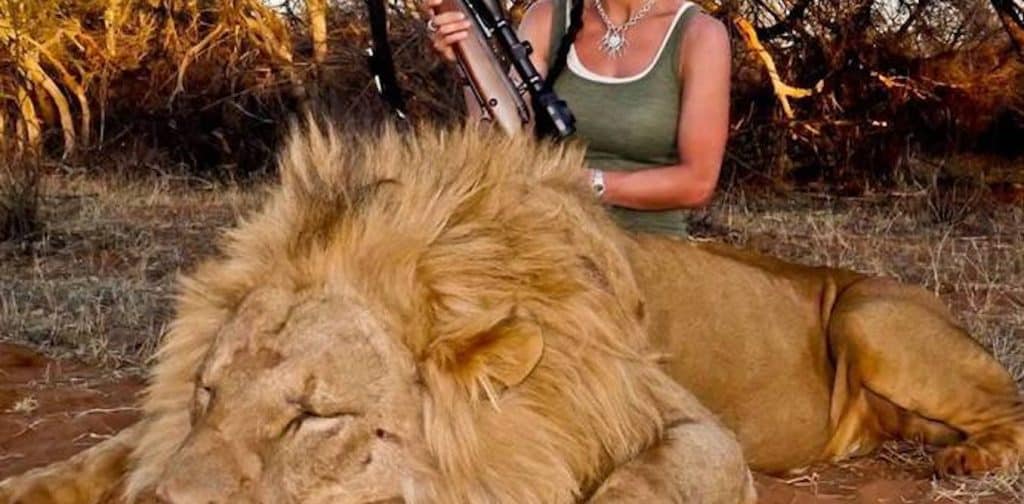
Hunting for Food Security
In many rural African communities, hunting is crucial for food security and plays a role in reducing dependence on industrial agriculture.
Hunting as a Source of Food
For communities lacking access to mainstream food systems, hunting provides a reliable source of nutrition and food security. The protein-rich meat obtained through hunting helps sustain individuals and families, especially during times when agricultural yields are low or during unpredictable climatic conditions. Hunting serves as an essential component of subsistence livelihoods, ensuring access to essential nutrients.
Reducing Dependence on Industrial Agriculture
Overreliance on industrial agriculture, which often requires imported food and external resources, can be unsustainable and economically challenging for remote and marginalized communities. Hunting allows these communities to supplement their diet and provides an alternative source of sustenance that is locally available, reducing their dependence on external food systems.
Sustainable Resource Management
Traditional hunting practices are rooted in sustainable resource management principles. By targeting specific species and following established rules and guidelines, hunters contribute to maintaining the ecological balance of local ecosystems. By managing natural resources sustainably, hunting communities can help preserve biodiversity, protect ecosystem services, and ensure the availability of resources for future generations.
Preservation of Hunting Knowledge and Skills
Preserving traditional hunting knowledge and skills is essential for maintaining cultural heritage and fostering intergenerational connections.
Oral Traditions and Passing Down Knowledge
Traditional hunting knowledge is often transmitted through oral traditions, storytelling, and intergenerational learning. Elders serve as custodians of ancient wisdom, sharing their experiences, techniques, and cultural beliefs with younger generations. This oral transmission ensures the survival of traditional hunting practices by embedding them in cultural narratives and fostering a sense of pride and identity.
Learning from Elders and Hunting Experts
Younger hunters learn from experienced elders and expert hunters who possess deep knowledge of the local landscape, animal behavior, and hunting techniques. This mentorship system allows for the transfer of practical skills, ethical principles, and cultural values associated with hunting. By learning from the accumulated wisdom of their communities, younger hunters can become skilled practitioners and stewards of their cultural heritage.
Hunting Education and Training Programs
Efforts are being made to formalize hunting education and training programs, recognizing the need to balance cultural preservation with sustainable wildlife management. These programs aim to provide hunters with the necessary skills, knowledge, and ethical guidelines to adapt to changing societal dynamics and conservation practices. By investing in hunting education, communities can safeguard their cultural traditions and contribute to conservation efforts.
In conclusion, hunting in Africa encompasses a rich tapestry of cultural traditions, spiritual connections, and sustainable practices. While the intersection of hunting and wildlife conservation may present challenges, a balanced approach that respects cultural values, supports sustainable hunting practices, and fosters collaboration between communities, governments, and conservation organizations can lead to a harmonious coexistence of cultural heritage and the preservation of wildlife resources.
